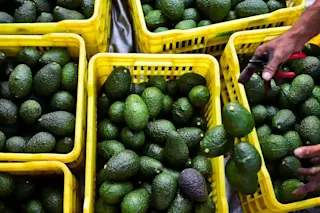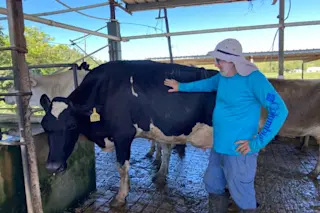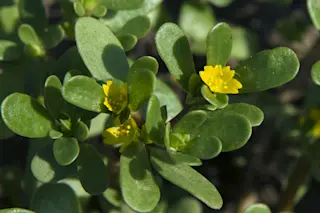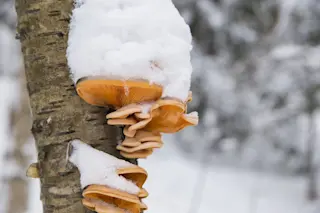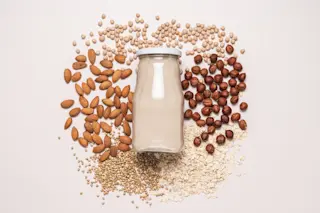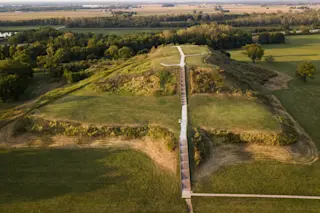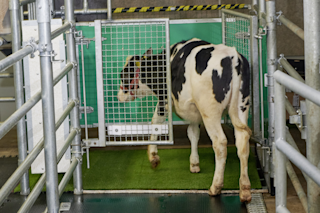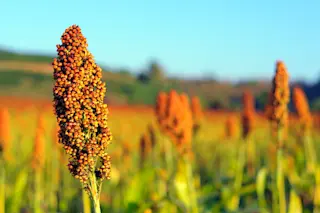"Integrated pest management" is a mouthful. But the farming method, involving growing multiple crops together and playing their strengths and weaknesses off each other, could be key to using fewer chemicals to grow more food. Though it's been discussed for decades, a set of recent experiments reported in the journal PLOS ONE
puts more weight behind it: using this style of farming with moderate use of fertilizers and pesticides, the study found, is just as productive as industrial agriculture while requiring fewer chemicals. On about 20 acres of Iowa farmland over eight years, agronomists tested out different methods for raising crops. One field was grown the industrial way: corn and soybeans were planted in alternate years and given the customary dosages of fertilizer and herbicides. In two other fields, crops were grown in three- or four-year rotations, adding oats and either alfalfa or red clover to the mix. With more ...



